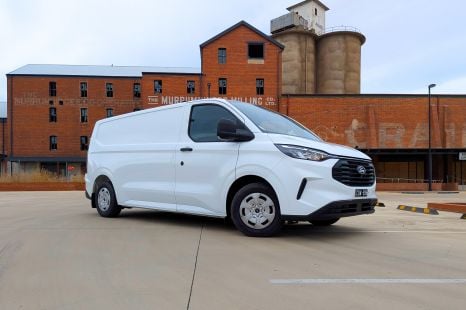

William Stopford
3 Days Ago
BMWs transition to electric vehicles won’t be immediate as the company plans to update its ICE powertrains to meet Euro 7 regulations.

Contributor
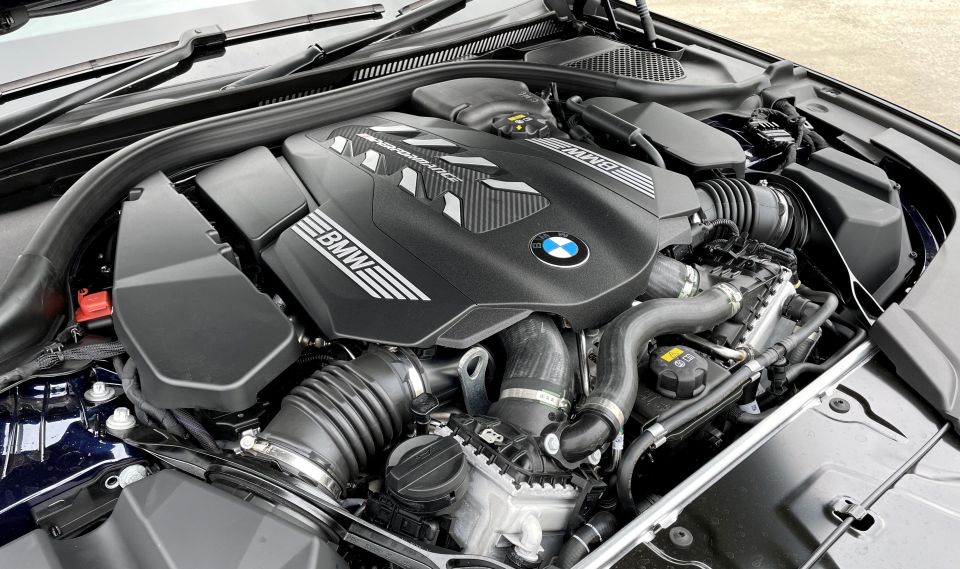

Contributor
The good old BMW internal-combustion engine (ICE) isn’t expected to go away any time soon.
BMW still hasn’t revealed any plans to begin phasing out or to cease production of its ICE powertrains.
In an interview with Automotive News Europe, Frank Weber, BMW development chief technology officer, shed some further light on what the transition to all-electric will look like for the company.
Many of BMWs key competitors, including Audi and Mercedes-Benz, have already made these all-electric commitments.
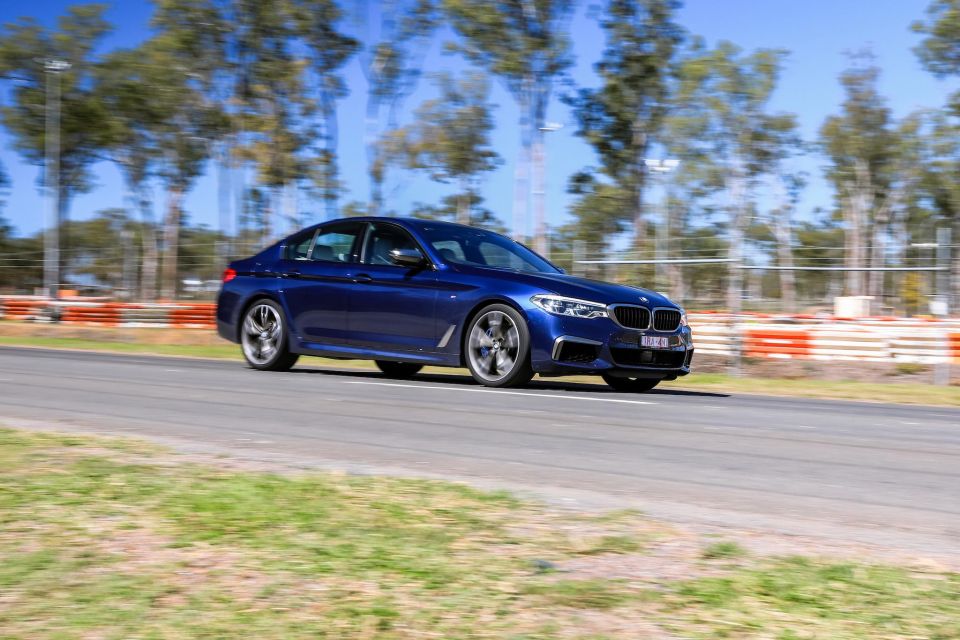
Mercedes-Benz is committing to be EV-only by 2030 where market conditions allow, and Audi is going to go all-electric by 2033, except for China.
“When is the system ready to absorb all those battery-electric vehicles? It’s about charging infrastructure, renewable energy,” Mr Weber said.
“Are people ready? Is the system ready? Is the charging infrastructure ready?”
BMW is apparently having problems training its existing workforce to produce EVs. The transition to electric power has been gradual so far, and the majority of the BMW employees are trained in traditional ICE powertrain development.
Euro 7 regulations are expected to be introduced in 2025, and Mr Weber sees this as a last push for ICE powertrains. The money spent on development in order to make the ICE powertrains comply with emissions regulations only secures the them for the short-term.

Weber also considers that it is too early to discuss the discontinuation of ICE powertrains just yet.
This is off the back of BMW and Daimler being sued in Germany for not doing enough to slow climate change.
BMW is currently exploring numerous other pathways for future mobility, including battery electric (BEV) and hydrogen fuel-cell vehicles (FCEV), as inevitably ICE powertrains won’t be able to stick around forever.
BMW already has an extensive local lineup of BEVs including the likes of the BMW i3, i4, iX3 and iX.
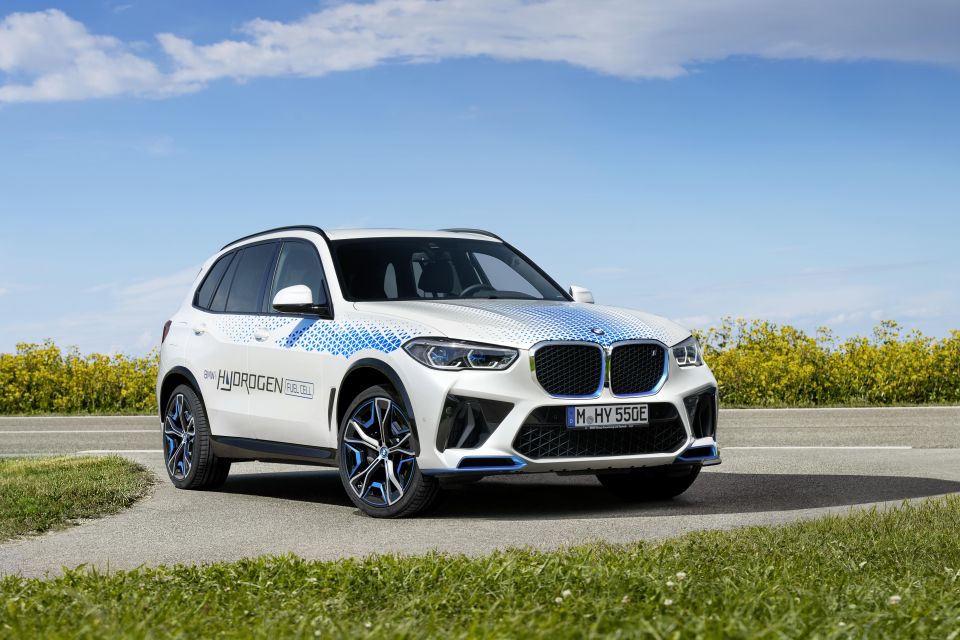
It has also been exploring FCEVs in the form of the iX5, which is scheduled for production in 2022 in small numbers only.
The company is also set to introduce an electric architecture in 2025 called Neue Klasse, dusting off the nameplate once used for BMWs sedans in the 1960s.
This platform is said to support BEVs and potentially FCEVs as BMW ushers in a new era.
According to Weber, eventually every single BMW model from the 2 Series, all the way up to the X7 will ride on the same platform.
Take advantage of Australia's BIGGEST new car website to find a great deal on a BMW.
Jack Quick is an automotive journalist based in Melbourne. Jack studied journalism and photography at Deakin University in Burwood, and previously represented the university in dance nationally. In his spare time, he loves to pump Charli XCX and play a bit of Grand Theft Auto. He’s also the proud owner of a blue, manual 2020 Suzuki Jimny.


William Stopford
3 Days Ago
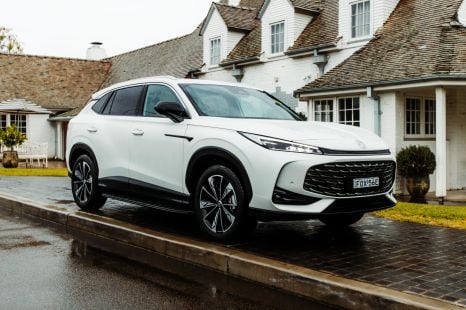

James Wong
2 Days Ago
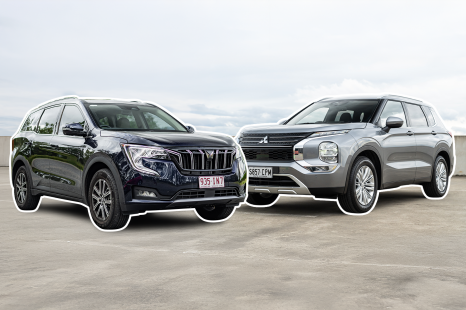

Andrew Maclean
1 Day Ago
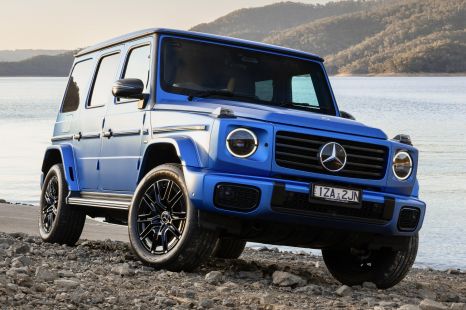

Max Davies
1 Day Ago
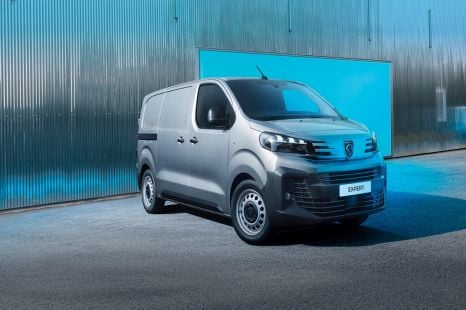

Damion Smy
21 Hours Ago
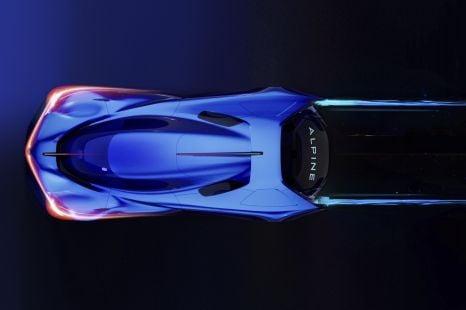

Damion Smy
20 Hours Ago